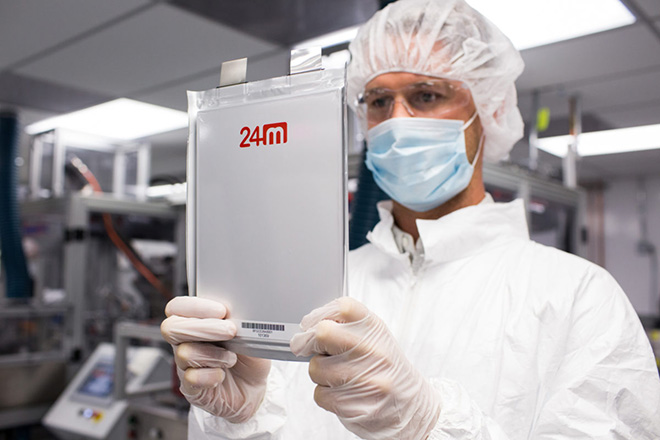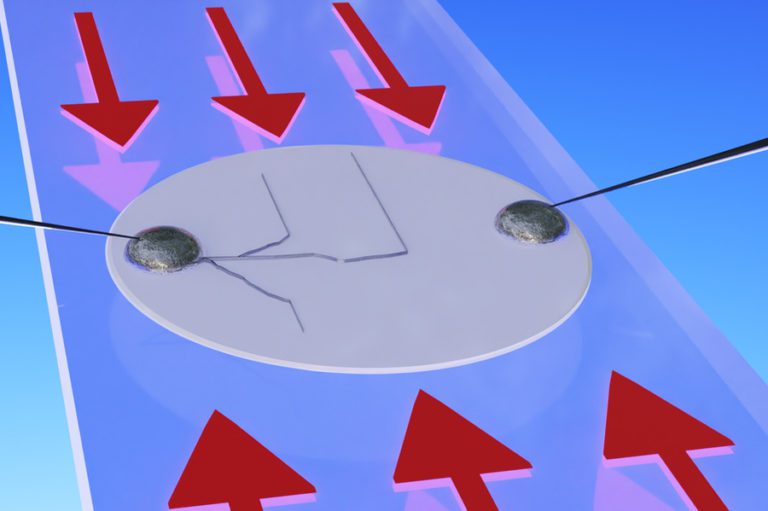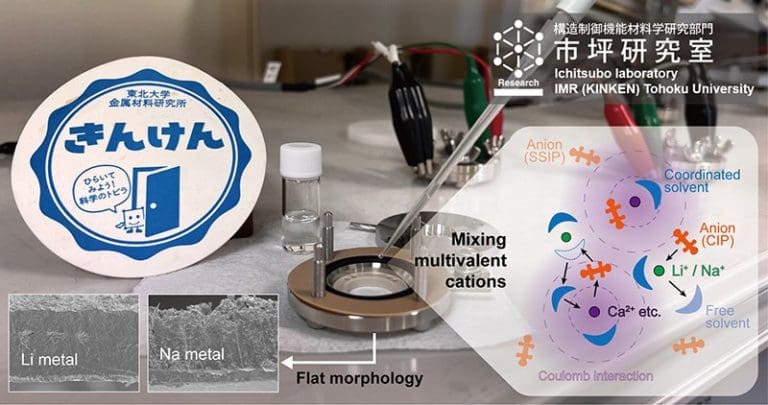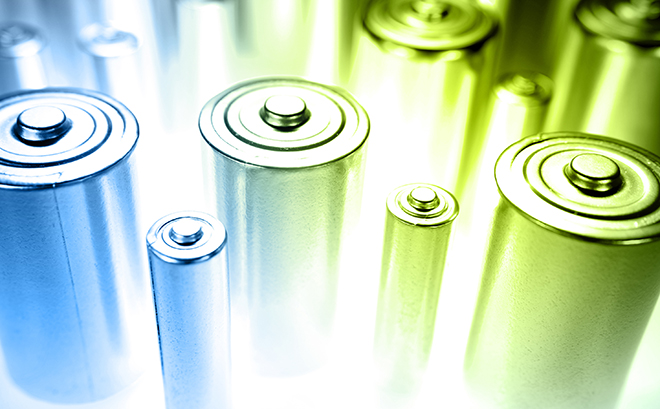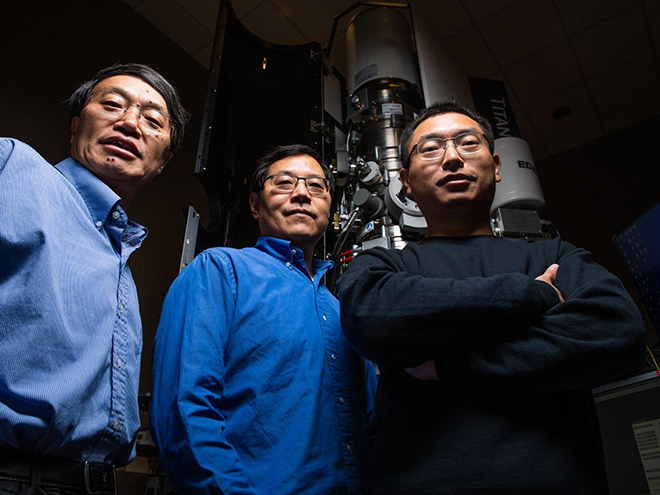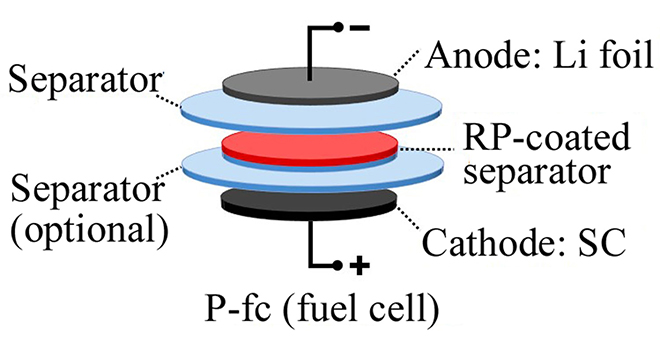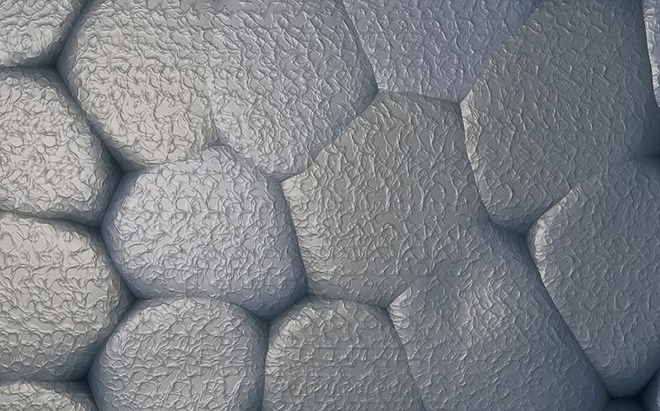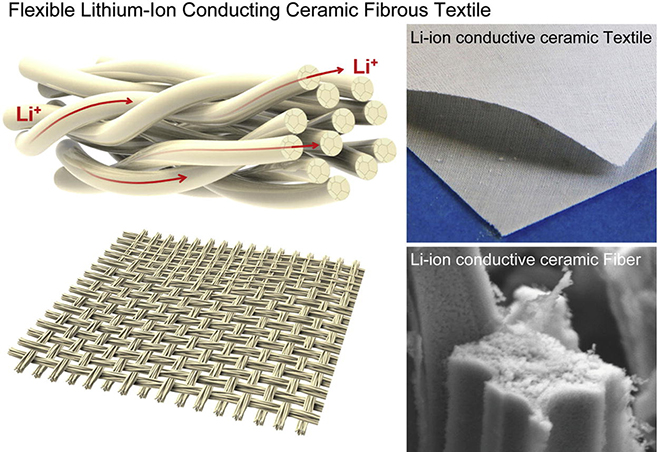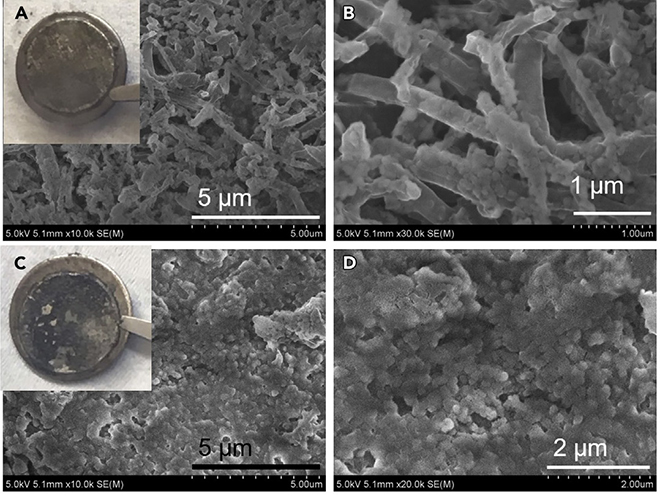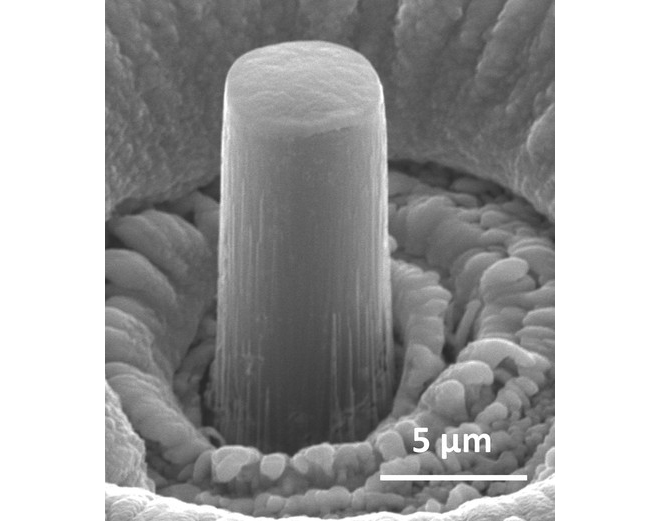Battery manufacturing technology provider 24M has unveiled a new battery separator tech called 24M Impervio, which the company says can make EV batteries substantially safer by inhibiting the growth of dendrites (rootlike metal growths that can build up on the anode surface, potentially causing a short-circuit that can lead to a fire). 24M’s Impervio technology… Read more »
Search Results Found For: "dendrite"
Engineers find a novel way to control dendrite propagation in solid-state batteries
Solid-state batteries are a major focus for battery researchers, as they could offer weight and size reductions, as well as greater safety, compared to current Li-ion designs. However, they have a major drawback: dendrites, root-like structures that build up on the lithium surface and penetrate the solid electrolyte, eventually crossing from one electrode to the… Read more »
Researchers find additive can limit dendrite growth
A research team led by Dr. Hongyi Li and Dr. Tetsu Ichitsubo, both of Tohoku University in Japan, found that a multivalent cation additive can limit dendrite growth in rechargeable batteries by modifying the solvation structures of lithium or sodium ions in electrolyte. In an article published in Cell Reports Physical Science, the researchers say:… Read more »
New potassium metal battery design could solve dendrite problem
In a paper published in Proceedings of the National Academy of Sciences, researchers from Rensselaer Polytechnic Institute demonstrated how they can overcome the dendrite problem to create a metal battery that performs nearly as well as a lithium-ion battery but relies on potassium, which the researchers say is a more abundant and less expensive element…. Read more »
PNNL scientists pinpoint cause of dendrites in lithium batteries
Scientists at the DOE’s Pacific Northwest National Lab have uncovered a “root” cause of the growth of needle-like structures – known as dendrites and whiskers – that plague lithium batteries and can cause short circuit, failure, and even fire. Dendrites are tiny, rigid tree-like structures that can grow inside a lithium battery. Their needle-like projections… Read more »
Rice University adds red phosphorus to separators to foil dendrites
Rice University scientists have found that adding a layer of red phosphorus to separators in lithium metal batteries can signal when damaging dendrites threaten to create a short circuit. Rice University chemist James Tour made lithium metal test cells with a coat of red phosphorus on the separator, which keeps the anode and cathode electrodes… Read more »
Self-healing anode eliminates dendrite buildup
Researchers at Rensselaer Polytechnic Institute (RPI) have demonstrated a “self-healing” lithium-metal anode that can eliminate dendrite buildup. Researchers are looking for ways to replace graphite anodes with lithium metal in order to boost energy density. However (as regular Charged readers know), lithium metal anodes are plagued by the buildup of dendrites, branchlike protrusions that can grow… Read more »
Garnet ceramic electrolyte helps block dendrite formation
Researchers at the University of Maryland have developed a new template that they hope will enable a safer alternative to liquid electrolytes, which have several drawbacks, including flammability, leakage and dendrite formation in the electrodes. In “Lithium-ion conductive ceramic textile: A new architecture for flexible solid-state lithium metal batteries,” published in Materials Today, UMD researchers… Read more »
Increasing concentration of LiFSI salt suppresses dendrite formation
Lithium metal is considered an ideal anode material due to its exceptional charge and storage capability, but it has a tragic flaw: root-like growths called dendrites, which can lead to short-circuiting and spontaneous combustion. Now, researchers at the University of Maryland (UMD) have announced a breakthrough in their quest to solve the dendrite issue. In… Read more »
Nanoscale measurement of lithium metal could lead to suppressing dendrite formation
Lithium metal, which can store more energy than carbon, would seem to be an ideal anode material, except for one serious flaw: dendrites, tiny needle-like branching structures that can grow through the battery, eventually causing a short circuit. Now, a joint team of researchers from Caltech and Carnegie Mellon University has measured the strength of… Read more »







